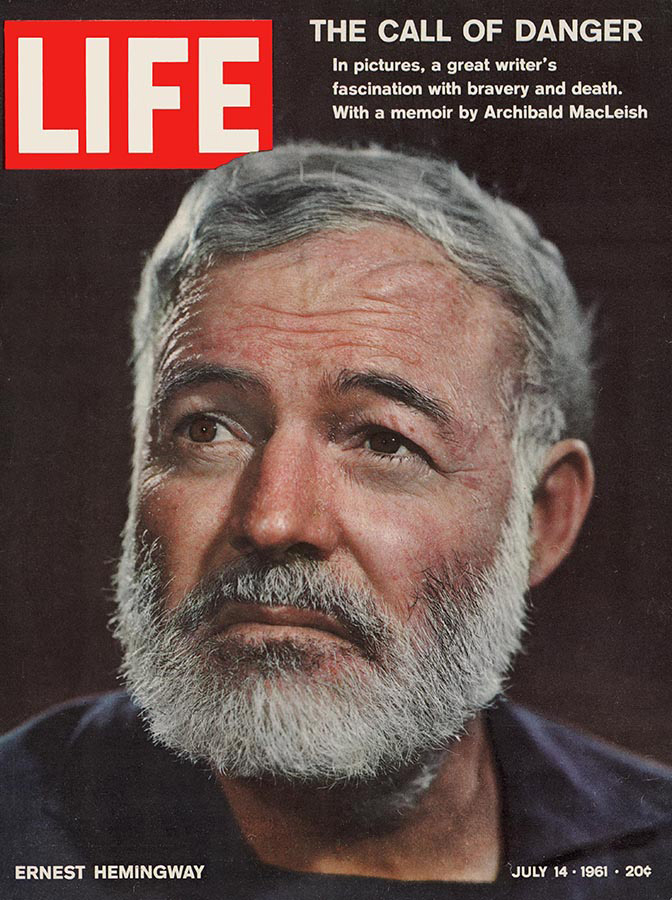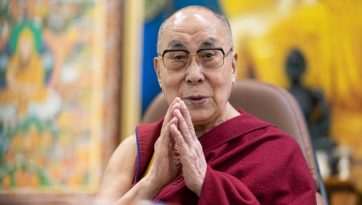
Besides acquiring fame/notoriety as a journalist, comrade-in-arms, traveller, hunter and la dolce vita aficionado, Ernest Hemingway was one of the most influential writers of the 20th century. Even though his larger-than-life personality combined with a Pulitzer Prize and a Nobel Prize in Literature* made him impossible to ignore, yet Hemingway felt compelled to admonish:
‘When people talk listen completely. Don’t be thinking what you’re going to say. Most people never listen.’
Islam has rules of etiquette and a moral code involving every aspect of life as defined by Shaykh Abdul-Fattaah Abu Ghuddah in his comprehensive book on Islamic Manners. The learned scholar refers to the importance of learning how to listen by quoting Ibrahim bin Al-Junaid :
‘learn the art of listening as you learn the art of speaking. Listening well means maintaining eye contact, allowing the speaker to finish the speech, and restraining yourself from interrupting his speech.’
The honourable Tabi‘i** Ata Ibn Abi Rabah, the first Imam of Mecca related:
‘A young man would tell me something that I may have heard before he was born. Nevertheless, I would listen to him as if I had never heard it before.’
The spiritual head of Tibetan Buddhism, the Dalai Lama says:
‘When you talk, you are only repeating what you already know. But if you listen, you may learn something new.’

This post was inspired by a quote I came across on the internet that neatly summarises all of the above thoughts:
Are you really listening, or just waiting to talk?
Trust your intellect, open your mind.
Don’t prefabricate your responses.
Don’t try to showcase your wit.
Listen and respond in the moment.
You’ll be surprised at how much more you’ll learn.

*’The Old Man and the Sea’ (1953), which is one of my favourite books and films (starring Spencer Tracy).
** The Tabi‘un ( ‘followers’ or ‘successors’) were the second generation of muslims who gained knowledge directly from the Sahaba (Companions of the Prophet [PBUH]).

